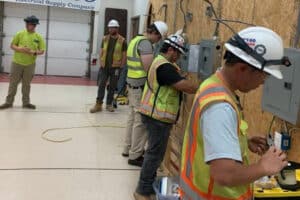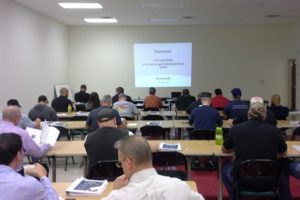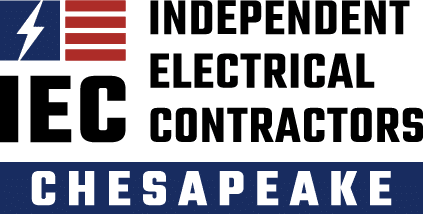STATE FINANCE AND PROCUREMENT-PREVAILING WAGE-STOP WORK ORDERS PASSES GENERAL ASSEMBLY (SB1/HB145)
- Senate Bill 1 and House Bill 145 require the Commissioner of Labor and Industry to investigate promptly prevailing wage violations when a complaint is received.
- A prime contractor or subcontractor subject to a prevailing wage violation must allow an investigator from the Department of Labor and Industry to observe the work site, interview employees, and review records during normal working hours.
- If the Commissioner makes an initial determination of a prevailing wage violation, the Commissioner may issue a stop work order at every site where a violation occurred.
- The Commissioner shall notify the prime contractor or subcontractor of the violation with a statement of facts.
- The Commissioner shall meet with the prime contractor or subcontractor within 48 hours of issuing the stop work order.
- The Commissioner shall provide the prime contractor or subcontractor a reasonable time frame to resolve the violation.
- The Commissioner may issue the stop work order even if the matter has been referred to the Attorney General or another agency for investigation or prosecution.
- If a stop work order is issued against a subcontractor, the prime contractor must wait 48 hours after the Commissioner met with the subcontractor before terminating the contract with the subcontractor. The prime contractor may not terminate the contract with the subcontractor if the violation has been resolved.
- The Commissioner may require a prime contractor or subcontractor to submit periodic reports to the Commissioner showing compliance with the prevailing wage laws.
- The prime contractor may not incur any civil liability for damages to the subcontractor whose contract was terminated, other subcontractors affected by the termination, or any public body resulting from the termination.
- The Commissioner may impose a penalty up to $5,000 per day against a prime contractor or subcontractor for each day violating a stop work order.
- The stop work order takes effect when served on a prime contractor or subcontractor. It stays in effect until the Commissioner issues an order releasing the stop work order.
- The stop work order is released when it is shown that a prime contractor or subcontractor is paying prevailing wage and has paid all assessed penalties.
- Within 72 hours after a prime contractor or subcontractor receives a stop work order, the contractor or subcontractor may submit a written appeal to the Commissioner.
- If no written appeal is made within 72 hours, the stop work order becomes final.
- The Commissioner must hold a hearing within 7 days after receiving a written appeal of the stop work order.
- If the Commissioner fails to hold a hearing within 7 days of the written appeal, a prime contractor or subcontractor may request an administrative law judge to release the order.
- The Commissioner must issue a written decision on the appeal within 5 days after the hearing. The written decision must provide an explanation about why the stop work order was upheld or released with the grounds for the decision.
- If after an investigation the Commissioner determines that a prevailing wage provision may have been violated and has not issued a stop work order, the Commissioner shall issue an order for a hearing within 30 days after completing an investigation.
- In addition to any other penalty, the Commissioner may impose a $1,000 maximum civil fine against a prime contractor or subcontractor that knowingly fails to produce records or attend a hearing or deposition regarding a possible prevailing wage violation. Each day that a violation continues is a separate offense.
- This legislation goes into effect October 1, 2022.
Points of Contact
If you have any questions, please contact Grant Shmelzer, Executive Director of IEC Chesapeake, at 301-621-9545, extension 114 or at [email protected] or Kevin O’Keeffe at 410-382-7844 or at [email protected].













